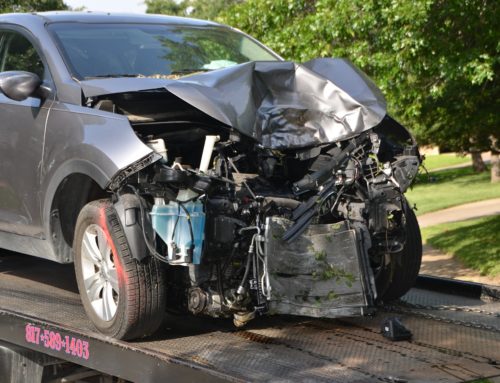Beware of hidden deductibles when shopping for auto insurance. Chances are you’re comparing rates from online agencies like Esurance and Geico instead of pounding the pavement between brick-and-mortar offices. Perusing websites from the comfort of your own home is convenient, easy, and flexible. But is a do-it-yourself auto insurance policy as accurate–or as understandable–as discussing your options with an insurance agent?
Online auto insurance applications usually consist of a series of boxes to check or not check, often with little to no explanation of the risks or benefits involved. For example, Personal Injury Protection (PIP) coverage is mandatory in Massachusetts and covers up to $8,000 of medical bills and lost wages for injuries you sustain in an auto accident. PIP is sometimes called “no-fault” coverage because it pays your own medical expenses regardless of who caused the accident. PIP has two parts:
- Coverage for the cost of treatment you receive from hospitals, doctors, and other medical providers, and any medical equipment that may be needed to treat your injuries.
- Reimbursement for other expenses you may have because you are hurt, such as income continuation or essential services.
When you choose a PIP deductible, you basically agree to insure yourself for all or part of that $8,000, meaning that the first $8,000 of your medical bills and lost wages following a car accident are YOUR problem. Your insurance will not pay a penny of that amount.
Unfortunately, few policyholders understand how these numbers could end up affecting their bottom line in the event of a serious car accident — and many insurance providers neglect to fully explain the full picture of PIP insurance because PIP deductibles are lucrative to them.
The bottom line is this: whether you choose to shop online or elect to be advised by an agent, you, as the consumer, have the right to elect against PIP deductibles.







Leave A Comment
You must be logged in to post a comment.